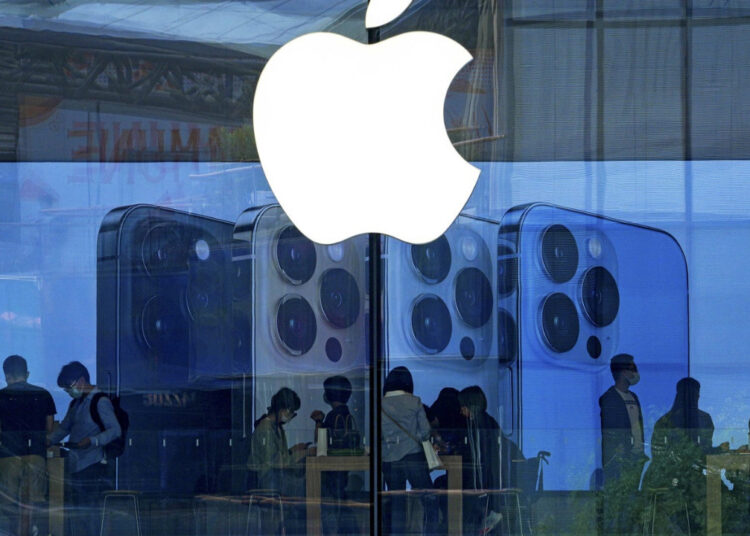In a complaint filed with the Northern District of California in San Francisco, two authors Grady Hendrix and Jennifer Roberson were accused of infringing Apple’s copyright protections and of using their works to train the company’s artificial intelligence. The complaint raises allegations that Apple sources data from shadow libraries such as Books3. According to the authors, works were included in pirate libraries during this process and used without permission to develop Apple’s AI.
The complaint states that Apple did not attempt to pay these authors. The authors claim that Apple did not seek licenses to copy and use copyrighted books to train its models, instead taking advantage of pirate data sets to avoid costs. On the day the suit was filed, Anthropic announced that it would pay $1.5 billion to the authors via a class action, saying the AI would earn roughly $3,000 per pirated work. This decision is based on a prior outcome in which a judge ruled in favor of fair use in a similar copyright case, allowing Anthropic to achieve partial success in the case.
Two days later, Meta won a similar case. Now, for Apple, a situation looms with either billions in damages or new lawsuits on the horizon. All artists are watching this development closely.
The copyright issue is not limited to novels and books; it is thought that digital content such as videos, images, photographs, pictures, and songs can also be used to train AI. Proving copyright for nearly every work on the internet is seen as a major challenge, and as a result, concrete evidence is not always clear. While some tech companies sign multimillion-dollar deals for access to content, others continue legal battles. Companies are debating fair use exceptions that allow use without permission for those who own copyrighted content; however, the exact answer to the question of “how much is fair use” remains uncertain.









